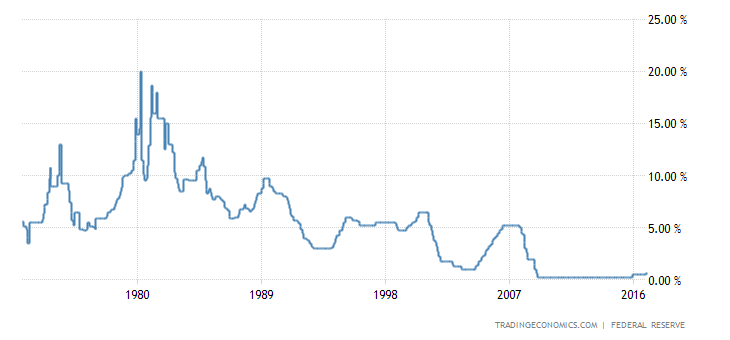JimH-
I really have to agree with everything you said.
I think the issue was not "going off the gold standard", it was the conduct of the politicians that led directly to actually having to go off the gold standard. Leaving the gold standard was simply the necessary consequence that followed the actions already taken.
I forget who made the observation, but humans love a windfall.
- Buying something you can't afford, to make yourself feel better, using debt: a possession windfall.
- Taking a drug to make you feel briefly happy: emotional windfall.
- Eating something sweet because it tastes good: calorie windfall.
- Hoping to make a quick buck flipping a house using ponzi debt: a monetary windfall.
- Hoping to make a quick buck through playing lotto - same thing - another monetary windfall.
For a con to work, there must first be a greedy mark. I don't see a lot of difference between bankers who engage in predatory lending, drug dealers, casino operators, or soda manufacturers. They all focus on exploiting the weakness in people's desire to receive a windfall of some sort. And the best way to find a greedy mark is if you could somehow manufacture a whole lot of them - to set out to make people weak in just the right way.
Make them feel unsuccessful, not good enough, sick, and so on.
So do we blame moral decay for all this, or is it something else? Advertising flips all the right switches in human psychology, and it becomes "mind control meets human weakness." Its hard to forego the windfalls, its even harder when you hear about them incessantly.
https://www.csun.edu/science/health/docs/tv&health.html
The average child sees 20,000 30-second commercials per year.
Evolutionary biology teaches us that children are more or less in a "programmable mode" when they are very young - so they can learn rapidly how to survive. That's why they can learn 3 languages simultaneously. Brain changes as they age. So, hitting them with 20,000 commercials per year - well, that's mind control.
How far do we go to protect society from itself?
If we removed the mind control, would people still choose debt, and drugs, and massive amounts of sugary, fatty foods?
Maybe we're looking in the wrong place for the problem. It might not be about "sound money", it might instead be about "clear thinking" - which would end up yielding a sound money system as a side effect of the way people made their decisions.
Imagine for a moment: a society without advertising. People would have to buy things based on their own feelings about the product.
Imagine that.
